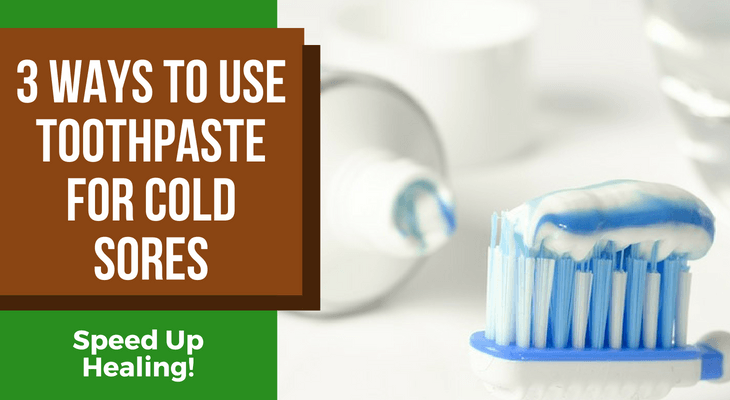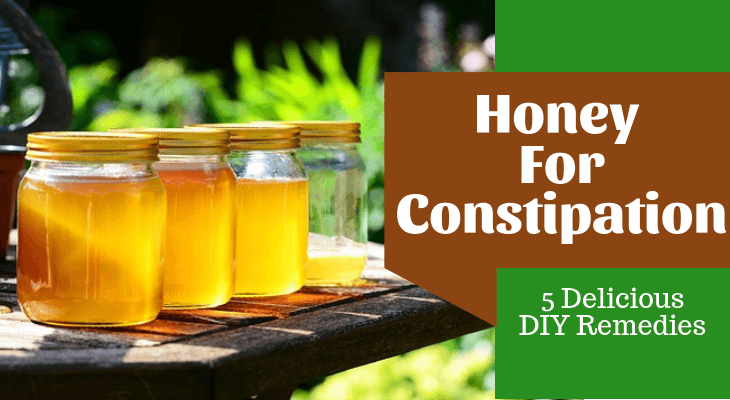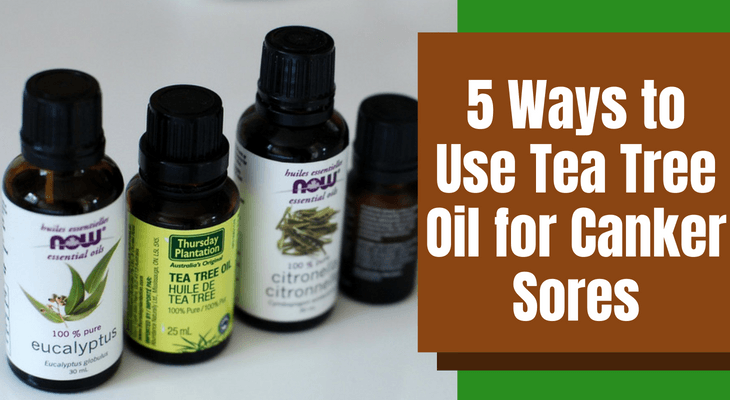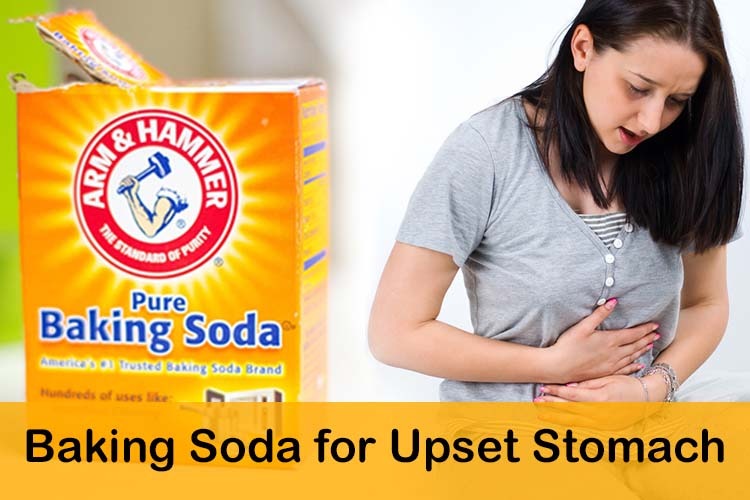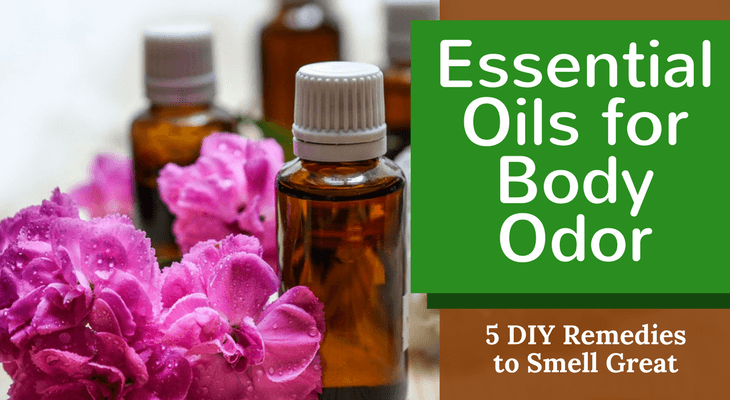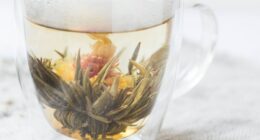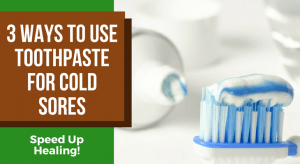 Anyone who has had a cold sore, also called a fever blister, can attest to the fact that they are unpleasant, painful, and even gross. In some people, they can be recurring as often as every month, but many others will only get them every now and then, usually when stressed, overtired, or sick. Any time the immune system is run down, cold sores can be triggered.
Anyone who has had a cold sore, also called a fever blister, can attest to the fact that they are unpleasant, painful, and even gross. In some people, they can be recurring as often as every month, but many others will only get them every now and then, usually when stressed, overtired, or sick. Any time the immune system is run down, cold sores can be triggered.
Most people have the herpes simplex virus (HSV-1) which causes oral herpes, although you can also get herpes around your nose or on your chin and even your hands. We get infected in childhood, usually because of a kiss from an aunt or grandparent or sharing straws, cups, cutlery, or when we’re older, kissing that boy or girl. It just stays dormant until something triggers it.
There are Different Types of Herpes
Genital herpes is caused by herpes simplex virus type 2 (HSV-2). It’s important to note that either type of herpes can cause either genital or oral herpes. Condoms may not necessarily be effective against herpes depending on where the sores are and oral sex can also spread herpes since physical contact or contacts with fluids such as saliva infect people (1).
You should never share toothbrushes, cups, cutlery, chapstick, lipstick, especially with anyone who has cold sores as this will infect you too. The cold sores are most contagious when they are oozing. Tingling, burning, or itching is the first sign of a cold sore, the blister or blisters then develop. They eventually start oozing and finally crust over and dry out. This can take 2-4 weeks.
Many swear by using toothpaste for cold sores and it’s such a simple remedy that everyone has at hand. Toothpaste is also something that everyone uses without any problems depending on the type of toothpaste they use so unlike over the counter ointments that don’t help and can come with side effects, this home remedy is far better and more cost-effective.
Does Toothpaste get Rid of Cold Sores?
If you Google “does toothpaste help cold sores?” you will get many different answers. According to many, putting toothpaste on fever blisters at that first sign can help to prevent them from erupting, and in the cases where it doesn’t, can shorten the duration of a fever blister to a few days. Others claim that it did nothing or that toothpaste even caused their fever blister.
Let’s take a look at the science and anecdotal evidence behind toothpaste for cold sores:
-
Most types of toothpaste contain sodium lauryl sulfate or SLS. This is what causes the toothpaste to foam. Medical research has shown that SLS can inhibit the herpes simplex virus.
-
Toothpaste helps to dry out the cold sores quicker than they would on their own. This is largely anecdotal. If it works for you, then that is what matters.
-
Toothpaste can relieve the pain. This can be because of the peppermint in the toothpaste which is anti-inflammatory.
When looking at whether any remedy works, we need to remember that what works for one person might not work for another, this is because of genetics, because of differences in hormone levels, diet, exercise, etc. But there is enough in the science here that indicates that toothpaste can indeed be effective for cold sores. Give it a try and see if works for you.
How to Use Toothpaste for Cold Sores
At first, the toothpaste might sting, especially if your cold sore is in the oozing phase, but it will stop as soon as the peppermint starts to work. It’s best to use a cotton swab or cotton wool to minimize contact. Be sure to wash your hands thoroughly before and after application to prevent spreading the virus.
1. Plain Toothpaste
-
Apply a dab of toothpaste to the blister or on the tingling area.
-
You can keep it on until it dries and then rinse it off if you need to go out in public.
-
If you rinse it off, it’s advisable to apply some again throughout the day. Every few hours is most beneficial.
-
You can also put toothpaste on a cold sore overnight which allows the toothpaste to work through the night. Wait for it to dry before getting into bed so that it doesn’t rub off on your pillow or into your hair.
2. Toothpaste and Honey
Honey also has antiviral properties and can be mixed with the toothpaste in equal parts (2). You can apply it the same way as you would the toothpaste by itself. Raw or manuka honey is the type that has the antiviral properties. The processed honey has most of its benefits stripped during processing and if you buy an unreliable brand, you may end up with a little bit of honey and lots of corn syrup.
3. Toothpaste and Aloe Vera
Aloe vera has antimicrobial and anti-inflammatory properties that make it effective against HSV-1 (3). Here’s how to do it:
-
Cut a leaf from an aloe plant if you have one and squeeze out the gel. You can also use pure store-bought gel, but make sure that it doesn’t contain any chemicals.
-
Mix the toothpaste and aloe vera gel together to form a paste.
-
Apply it to your cold sore as you would the plain toothpaste.
Tips and Precautions
-
Many doctors advise against SLS-containing toothpastes as they can irritate the skin and in some people, SLS can trigger cold sores. Depending on how the SLS is made it can also be carcinogenic. So if you have sensitive skin, you may need to steer clear. An SLS-free toothpaste will still contain mint and help to dry out your cold sore.
-
If you have a cold sore inside your mouth, you can use toothpaste, but don’t swallow it. You may find one of these other remedies helpful.
-
Canker sores are often mistaken for fever blisters, especially in children. Canker sores are flat and usually white or yellow in color and develop on the smoother parts inside your mouth like your cheeks or under your tongue. Don’t use SLS-containing toothpaste to treat them as this will aggravate them. You can use one of these canker sore remedies instead.
-
Replace your toothbrush afterward as you can develop more cold sores from using an infected toothbrush.
-
Keep your stress levels as low as possible. Taking a few deep breaths can really help in the moment. Meditation, walking in nature, laughing with friends and family or at a funny movie, playing with your pets, exercising, and aromatherapy (try lavender or frankincense) are all helpful.
-
When you have a cold sore, taking a lysine supplement (L-lysine or lysine is an amino acid) can help, although a supplement is not always necessary. Avoiding foods high in arginine (another amino acid) like grains, nuts, chocolate, seeds, and gelatin can help as arginine can worsen cold sores and deplete lysine.
Have you found toothpaste helpful? Have you also tried other remedies for cold sores such as salt or hydrogen peroxide? Please share your story with us.
